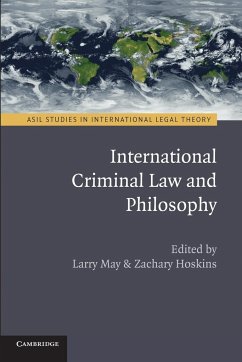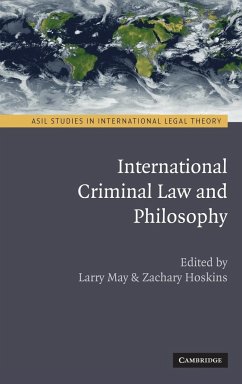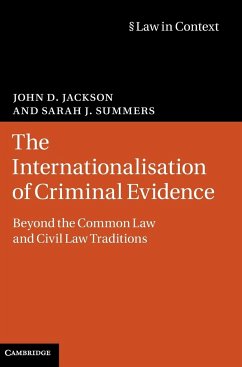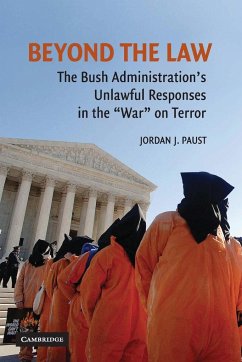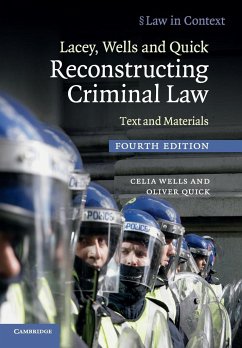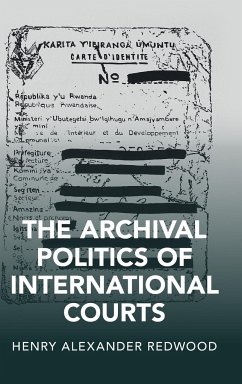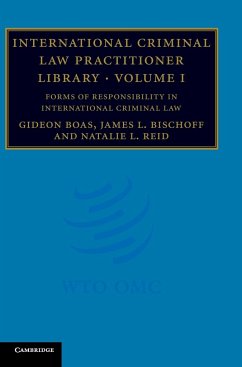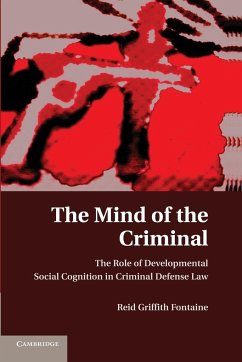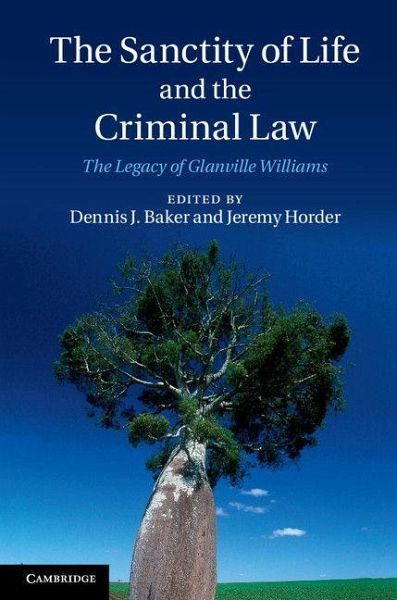
The Sanctity of Life and the Criminal Law
Versandkostenfrei!
Versandfertig in 1-2 Wochen
46,99 €
inkl. MwSt.

PAYBACK Punkte
23 °P sammeln!
Described by The New York Times as 'Britain's foremost scholar of criminal law', Professor Glanville Williams was one of the greatest academic lawyers of the twentieth century. To mark the centenary of his birth in 2011, leading criminal law theorists and medical law ethicists from around the world were invited to contribute essays discussing the sanctity of life and criminal law while engaging with Williams' many contributions to these fields. In re-examining his work, the contributors have produced a provocative set of original essays that make a significant contribution to the current debat...
Described by The New York Times as 'Britain's foremost scholar of criminal law', Professor Glanville Williams was one of the greatest academic lawyers of the twentieth century. To mark the centenary of his birth in 2011, leading criminal law theorists and medical law ethicists from around the world were invited to contribute essays discussing the sanctity of life and criminal law while engaging with Williams' many contributions to these fields. In re-examining his work, the contributors have produced a provocative set of original essays that make a significant contribution to the current debate in these areas.





